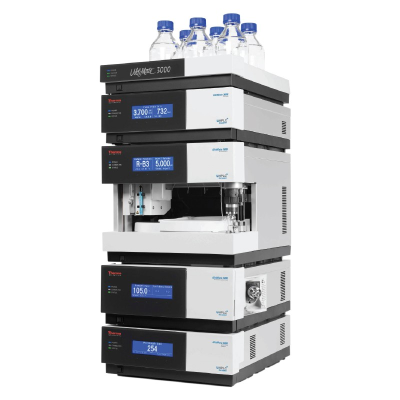- Info@gfsl.gov.gy
- Area ‘M’ University of Guyana, Turkeyen, E.C.D.
- +592-222-1033/9
Guyana Forensic Science Laboratory
Guyana Forensic Science Laboratory
ABOUT THE DEPARTMENT
Toxicology is the scientific study of the effects of chemical, biological and physical agents on living organisms, humans and animals. Forensic Toxicology is multidisciplinary and incorporates areas such as analytical chemistry, pharmacology and clinical chemistry. Forensic Toxicology is the field of forensics that determines whether the ingestion of harmful agents or illicit drugs might lead to potential legal or criminal consequences. Forensic Toxicology can be used in medical or legal investigations intro drug usage, poisoning and death, pre-employment and continuing employment screenings and investigations into substance abuse in sports including doping allegations.
SUBMISSION EXAMPLES
• Bile
• Blood
• Brain
• Fat
• Gastric contents
• Hair
• Heart blood
• Intestine
• Kidney
• Liver, without gall bladder
• Skin (site of exposure)
• Spleen
• Stomach
• Urine
• Vitreous humor
ANALYTICAL SCOPE
• Conduct blood analysis of alcohol
• Screen for a wide spectrum of acidic, neutral and basic organic drugs
• Screen for pesticides, herbicides or rodenticides
• Determine whether a substance could cause death or harm to the body
• Determine whether a substance could have a legitimate reason for being present in the human body
• Determination of poisons in slow poisoning cases
• Identification of an unknown substance
INSTRUMENTATION
The Toxicology Department uses a wide array of analytical instruments and techniques inclusive of
• Presumptive Color Tests
• Microscopic Tests
• Thin Layer Chromatography (TLC)
• Gas Chromatography/ Mass Spectrometer (GC/MS)
• Headspace Gas Chromatography/ Flams Ionisation Detector (HS/GC/FID)
• Liquid Chromatography/ Diode Array Detector (LC/DAD)
• Liquid Chromatography/ Mass Spectrometer (LC/MS)
• Ultraviolet – Visual spectrophotometer (UV/Vis)
